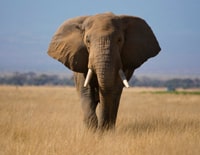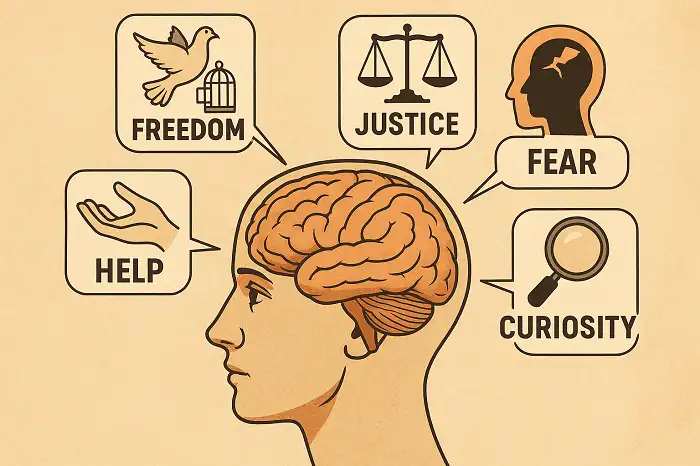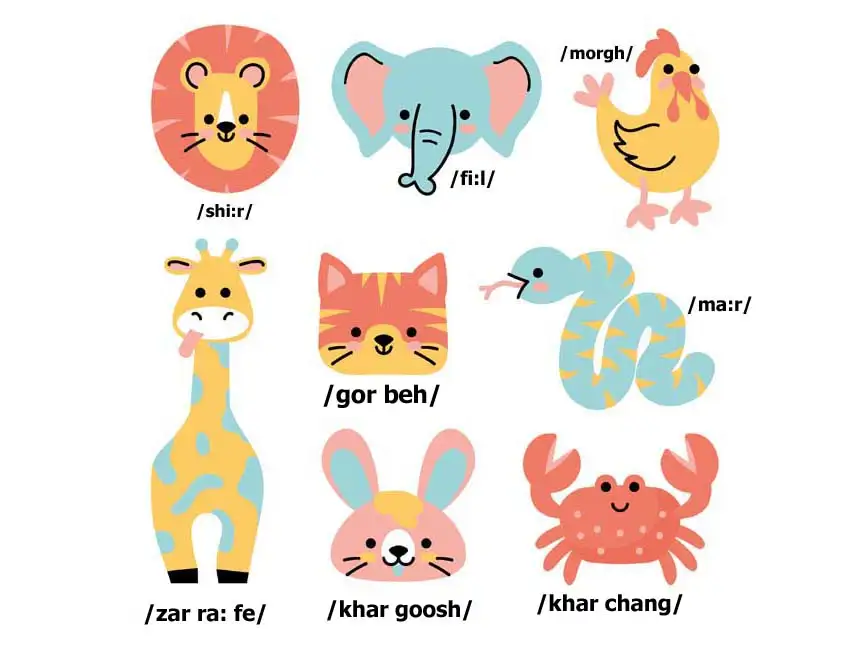Listening Practice on Elephants Listening Practice on Elephants You might already know that elephants are large and majestic, but the extent of their size and intelligence may surprise you. Elephants are the largest living land animal. On average, African elephants are 10 feet tall at the shoulder and weigh up to 18.000 pounds. The largest elephant in recorded history; however, was 13 feet tall and weighed about 24.000 pounds. https://www.youtube.com/watch?v=Aw6GkiCvcWs To sustain this massive size, an adult elephant has to consume an enormous amount up to 50 gallons of water and about 220 pounds of food, or approximately 70.000 calories ...
Home » English Documentaries with Transcript » Listening Practice on Elephants with Flashcards

Listening Practice on Elephants with Flashcards
Updated: by Dr. Mohammad Hossein Hariri Asl
Time to Read: 4 minutes | 358 Views | 2 Comments on Listening Practice on Elephants with Flashcards
Share This Post
About the Author
Dr. Mohammad Hossein Hariri Asl is an English and Persian instructor, educator, researcher, inventor, published author, blogger, SEO expert, website developer, entrepreneur, and the creator of LELB Society. He's got a PhD in TEFL (Teaching English as a Foreign Language).
Number of Posts: 4243



Hi Dr.Hariri. I have a few question. What is the meaning of this phrase:
( larger than life presence)
and this sentence: (Flap like projections on the end of a trunk are precise enough to pick up individual berries or leaves. )
Hi Armaghan. Thank you for using this comment to ask us your questions.
About your first question, exceptional intelligence refers to people or humans, and larger than life presence refers to huge size of elephants, and the possibility of living together peacefully. Larger than life presence means mammoth quality.
And about your second question, it refers to the loose and thin layer of muscle that sticks out of an elephant’s trunk designed specifically for picking up tiny things like berries and leaves on the ground.
Berries like: strawberry, blueberry, blackberry, raspberry, etc.
Projection: end part of something that sticks out or protrudes.
Flap like = the thin muscle at the end of the trunk, which is so flexible.